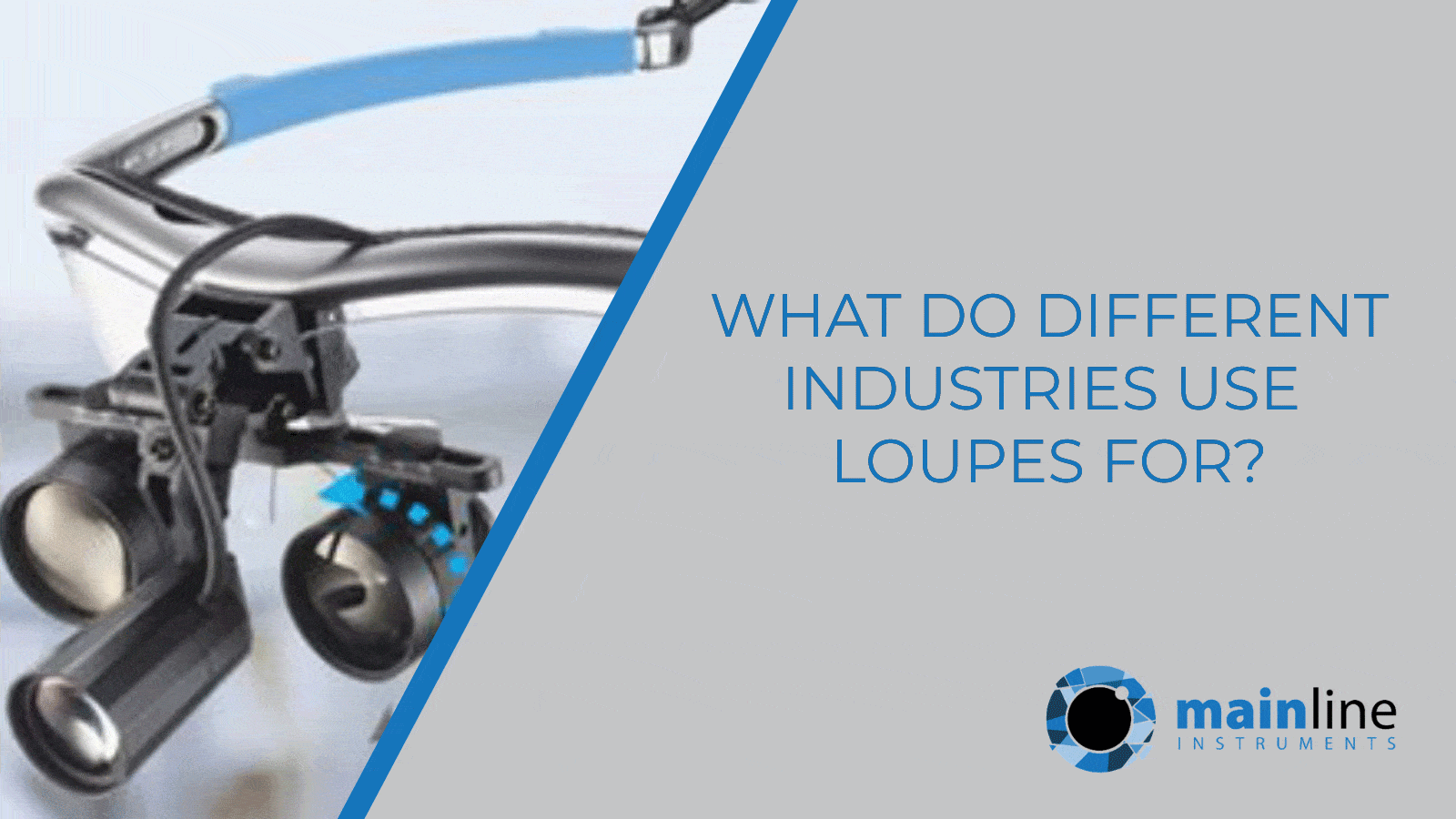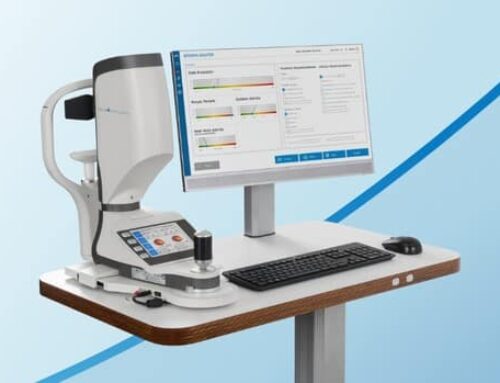Loupes are portable optical magnification devices that are used to magnify small objects. They are available in different magnification strengths, colours and styles. They are commonplace in the ophthalmology industry when performing surgery and procedures on the eye but are also used for a variety of different reasons in different industries.
These optical magnification devices are used in industries such as jewellery, dentistry, watchmaking, electronics, biology, ophthalmology and surgery.[1]
Jewellery
Jewellers use a handheld loupe or a refracting telescope to inspect and grade a gemstone or jewel. This type of loupe is monocular. This loupe allows jewellers to see small details like hallmarks and diamond clarity. Jewellers often use a loupe with 10x magnification power for general inspection and grading.
Electronics
A magnifying loupe has become a standard requirement in circuit assembling. Electronics engineers use loupes to manually inspect completed circuit boards. The loupes allow them to see the small details and components and to identify any manufacturing defects like misaligned or missing components and solder bridging. Electronic technicians also use loupes in repairing electronic devices with extra small components.
Biology
Biologists use a full-sized microscope to study species and organisms that are microscopic. However, during field studies, biologists use loupes instead.
Watchmaking
Assembling mechanical watches involves very tiny and detailed parts. To help watchmakers in the process of installation and assembling a watch, magnification loupes are used.
Surgery
Surgical operations that involve delicate structures like microsurgery require the use of magnification optical aid. While many surgeons use a typical surgical microscope or operating microscope when performing microsurgery, others prefer the use of personalised surgical loupes with a headband that they can wear comfortably during procedures.
Dentistry
Dentistry involves working on a secluded, dark, and hard-to-reach part of the body- the mouth. Parts of the oral cavity are quite small and procedure such as a tooth extraction or filling can be much easier with loupes to gain better access to their work area.
To view our full Neitz range, click here.
References
[1] https://www.loupedirect.com/common-types-of-loupes-used-in-different-industries







